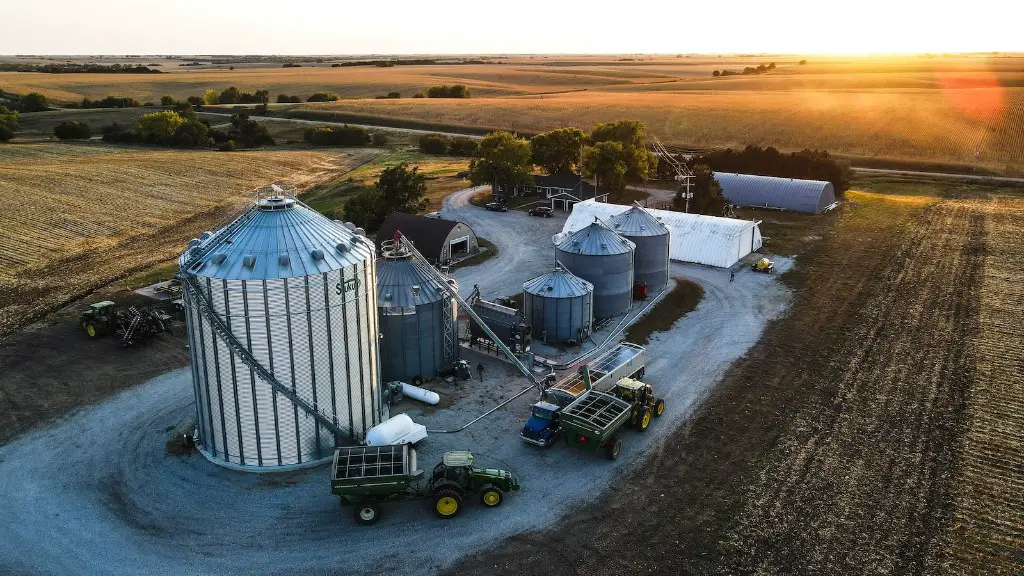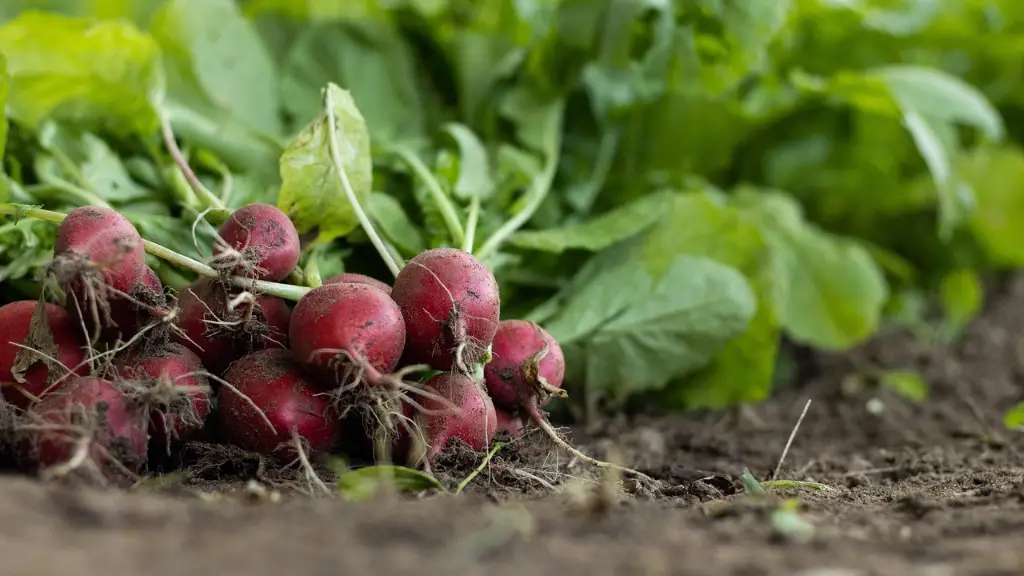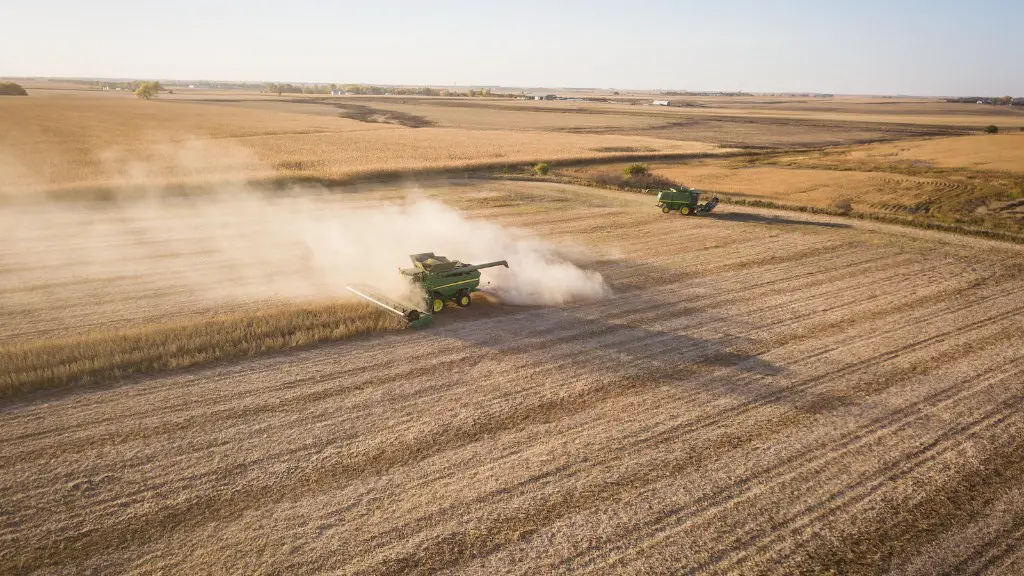In order to work in agriculture, there are a variety of important soft skills which must be honed. Most notably, those working in this field need to be highly motivated and possess a drive for excellence. This drive for excellence often relies upon teamwork, the ability to work collaboratively and independently, good communication skills, problem-solving skills, forward-planning abilities and paramount to all successful operations are interpersonal skills.
Effective communication is essential in this field. Agricultural workers need to be able to communicate effectively with their colleagues, superiors and clients. Good communication skills include excellent verbal and written skills, the ability to listen effectively, and being able to present ideas in an easily understandable manner. It is also important for workers in this field to be able to explain their point of view in a reasonable and clear manner.
Teamwork is also very important, as successful agricultural operations often require multiple employees to achieve their goals. An agricultural worker needs to be able to collaborate with their team members in order to achieve their common objectives. This includes being able to listen attentively and compromise when necessary. In addition, it’s also essential for agricultural workers to develop good relationships with their supervisors in order to ensure smooth operations.
Problem-solving skills are also essential in agriculture. Farmers and agricultural workers need to be able to identify problems and come up with cost-effective, timely and appropriate solutions. This includes troubleshooting with agricultural equipment and livestock, as well as coming up with approaches to efficiently use limited resources.
Forward planning abilities are paramount for those in the agricultural sector. Excellent organizational abilities, the capacity to predict outcomes, and the capability to monitor and adjust plans as needed are all essential to successful agricultural operations. Agricultural workers also need to be able to plan in order to achieve their production objectives within the time frame they have been given.
Interpersonal skills are also extremely important when it comes to agricultural operations. Employers are often looking for agricultural professionals who can build strong relationships, lead a team and foster cooperation between colleagues. It is also necessary for agricultural workers to have the ability to adapt to changing conditions, handle stress and work in difficult environments.
Overall, those interested in joining the agricultural sector should be very motivated, possess excellent communication skills, be able to work as part of a team, have good problem-solving abilities, demonstrate forward-thinking abilities, and possess strong interpersonal skills. Through developing these essential skills, agricultural workers are more likely to excel in their careers.
Motivation and Drive for Excellence
Motivation and drive for excellence are the cornerstones of effective agricultural operations. Good motivation comes from within and is essential in order to remain focused and productive when completing tasks. A desire for excellence and perfection can be hard to achieve, however taking regular breaks, trying to stay focused on goals and reminding oneself why they are doing the job can all help in cultivating motivation. Additionally, setting achievable targets and rewarding successes will further boost motivation.
Having a drive for excellence is also key, as it ensures a high-standard of work and allows agricultural workers to go the extra mile to achieving their goals. This commitment to excellence is necessary in order to complete jobs safely and efficiently, as well as to meet deadlines and stay within budget. Lastly, having a drive and enthusiasm for the profession and its related tasks are fundamental in order to gain a good position in the agricultural sector.
Collaborative and Independent Teamwork
Agricultural workers need to be able to engage in both collaborative and independent teamwork in order to be successful. Collaborative teamwork involves working with colleagues and superiors to achieve the group’s objectives. This includes listening to others’ opinions and ideas, compromising when needed and discussing potential solutions when a problem arises. It is also important for agricultural workers to work together to develop efficient and cost-effective strategies.
Independent teamwork is also very important when it comes to agricultural operations. Many tasks in this field require lone workers to complete them and therefore having the ability to work independently is essential. This includes possessing the ability to remain productive without regular feedback or assistance, having strong organizational and time management skills, and being able to take initiative when necessary. Agricultural workers who are able to work independently are extremely beneficial to their organizations.
Good Communication Skills
Good communication skills are extremely important in the agricultural sector. This includes having excellent verbal and written skills, the ability to navigate interpersonal conversations, the capacity to listen attentively, being able to present ideas to others in an easily understandable manner and being able to accurately explain their point of view. It is also important for agricultural workers to be proactive in communication and ask questions with clarity and accuracy. By possessing these communication skills, agricultural workers are better equipped to understand their colleagues, collaborate effectively and efficiently complete tasks.
Communication also involves being able to adjust to changing circumstances. This includes adapting to different situations, understanding the cultural norms of a situation and being able to understand others despite language barriers. Furthermore, it is fundamental to be able to accurately convey feedback and instructions in order to help employees work at their best.
Problem-Solving Skills
Problem-solving skills are essential in the agricultural sector as those working in this field are often tasked with finding effective solutions to complex agricultural problems. This includes the ability to accurately assess a problem, identify potential solutions and then implement the best solution. Furthermore, agricultural workers must also be able to identify potential risks that coming along with the potential solutions and factor these into their decision-making process.
Problem-solving skills also involve troubleshooting when necessary. This includes the ability to diagnose and solve equipment problems, as well as understanding how best to work with livestock. Lastly, agricultural workers must be able to accurately identify their resources and come up with efficient ways to conserve these resources while still achieving the desired outcome.
Forward-Planning Abilities
Agricultural workers need to possess excellent forward-planning abilities and be able to accurately predict outcomes in order to stay on track and within budget. Forward planning involves a variety of elements including budgeting, scheduling, and having the ability to monitor and adjust plans as necessary. As such, agricultural workers need to be able to come up with strategies and plans which are cost-effective, timely and accurate. This includes planning for potential risks and adjusting plans as needed.
Forward-planning abilities are also important for production targets. Agricultural workers need to be able to plan for efficient production and ensure that their targets are achievable within the timeframe they have been given. This includes having the ability to accurately estimate crop size, putting systems in place to ensure the sale of crops, and understanding how price fluctuations can affect their operation.
Interpersonal Skills
Interpersonal skills are essential in order to be successful within the agricultural sector. This includes being able to build strong relationships with colleagues, understanding and respecting cultural differences, and having the capacity to lead and motivate a team effectively. Other important interpersonal skills include the ability to adapt to changing conditions, stay calm and handle stress, as well as being able to work in difficult and potentially hostile environments.
It is also important for agricultural workers to understand leadership styles and be able to adjust their managerial approaches accordingly. Having a natural inclination and fine-tuned approach to motivating and guiding a team is essential in the agricultural sector. Lastly, it is essential for agricultural workers to be able to understand their team’s goals and objectives, and foster cooperation between colleagues in order to ensure successful operations.




